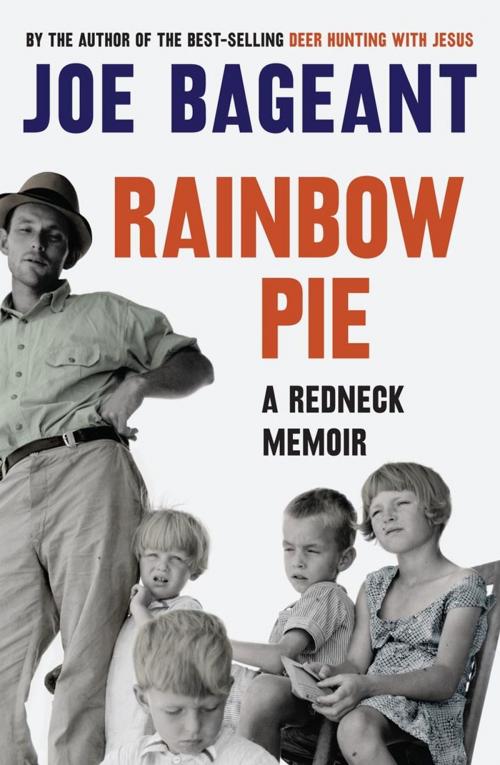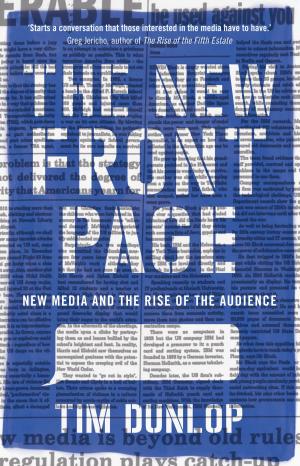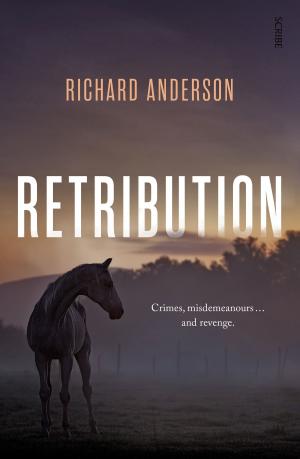Rainbow Pie
a redneck memoir
Nonfiction, Social & Cultural Studies, Political Science, Social Science, Biography & Memoir| Author: | Joe Bageant | ISBN: | 9781921753343 |
| Publisher: | Scribe Publications Pty Ltd | Publication: | August 30, 2010 |
| Imprint: | Scribe | Language: | English |
| Author: | Joe Bageant |
| ISBN: | 9781921753343 |
| Publisher: | Scribe Publications Pty Ltd |
| Publication: | August 30, 2010 |
| Imprint: | Scribe |
| Language: | English |
Rainbow Pie is a coming-of-age memoir wrapped around a discussion of America’s most taboo subject — social class. Set between 1950 and 1963, Joe Bageant uses Maw, Pap, Ony Mae, and other members of his rambunctious Scots–Irish family to chronicle the often-heartbreaking post-war journey of 22 million rural Americans into the cities, where they became the foundation of a permanent white underclass.
Combining recollection, stories, accounts, remembrance, and analysis, the book offers an intimate look at what Americans lost in the massive and orchestrated post-war social and economic shift from an agricultural to an urban consumer society. Along the way, he also provides insights into how ‘the second and third generation of displaced agrarians’, as Gore Vidal described them, now fuel the discontent of America’s politically conservative, God-fearing, Obama-hating ‘red-staters’.
These are the gun-owning, uninsured, underemployed white tribes inhabiting America’s urban and suburban heartland: the ones who never got a slice of the pie during the good times, and the ones hit hardest by America’s bad times, and who hit back during election years. Their ‘tough work and tougher luck’ story stretches over generations, and Bageant tells it here with poignancy, indignation, and tinder-dry wit.
Rainbow Pie is a coming-of-age memoir wrapped around a discussion of America’s most taboo subject — social class. Set between 1950 and 1963, Joe Bageant uses Maw, Pap, Ony Mae, and other members of his rambunctious Scots–Irish family to chronicle the often-heartbreaking post-war journey of 22 million rural Americans into the cities, where they became the foundation of a permanent white underclass.
Combining recollection, stories, accounts, remembrance, and analysis, the book offers an intimate look at what Americans lost in the massive and orchestrated post-war social and economic shift from an agricultural to an urban consumer society. Along the way, he also provides insights into how ‘the second and third generation of displaced agrarians’, as Gore Vidal described them, now fuel the discontent of America’s politically conservative, God-fearing, Obama-hating ‘red-staters’.
These are the gun-owning, uninsured, underemployed white tribes inhabiting America’s urban and suburban heartland: the ones who never got a slice of the pie during the good times, and the ones hit hardest by America’s bad times, and who hit back during election years. Their ‘tough work and tougher luck’ story stretches over generations, and Bageant tells it here with poignancy, indignation, and tinder-dry wit.















